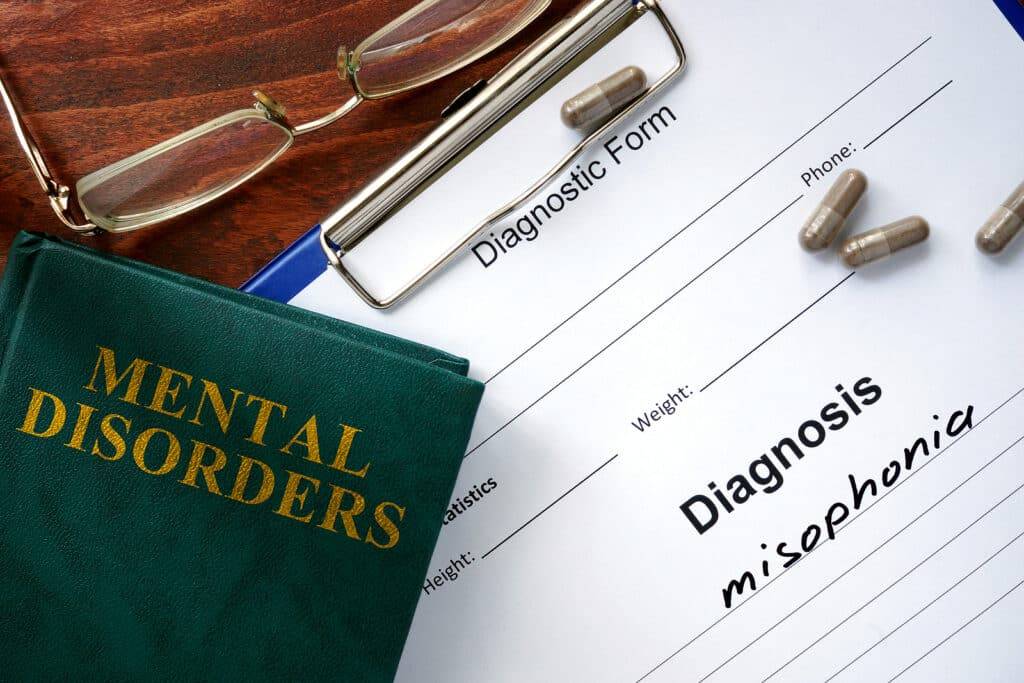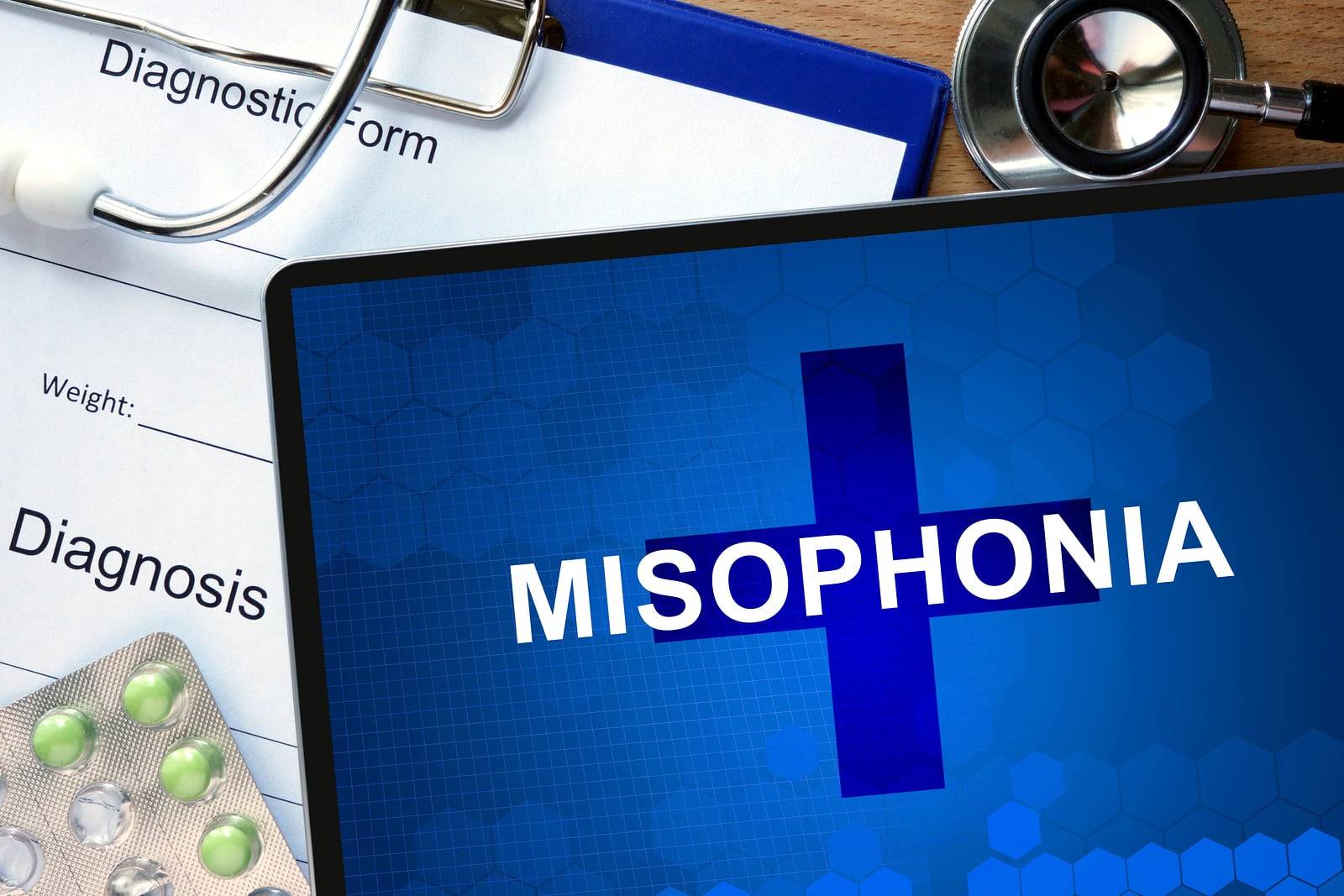Do I suffer from Misophonia? Misophonia is an unusual disorder whereby patients have overtly strong and negative responses to the ordinary every day sounds that people make such as breathing or chewing. Although it is not uncommon to be taken aback by some innocent human sounds like smacking of the lips, people with Misophonia may feel the need to scream or hit out just from merely being close to someone producing such sounds.
The physical and emotional response to these normal day-to-day sounds can be compared to the “fight or flight” reaction that becomes eminent with the secretion of adrenaline in our bodies.
So, do I suffer from Misophonia?
Misophonia is defined by intense emotions such as rage or fear as a reaction to particular sounds that people make frequently. And although the cause for the condition hasn’t yet been established, the struggle is real for people suffering from Misophonia. If you’ve been affected by the situation, you may find yourself actively detesting universal sounds like chewing gum, nose blowing, throat clearing, sniffing, humming, among others. Sometimes, the mere sight of someone doing any of the above activities is enough to evoke a negative reaction from you.
The critical feature of Misophonia is an intense reaction like anger or aggression towards people making particular sounds. The extent of the response may vary from one patient to another; while some people feel annoyed and irritated, some will get into a full-blown tirade. Both women and men are exposed to Misophonia at any age, but most people typically start displaying the symptoms in their early teenage years or late childhood. Generally, just one specific sound may mean the start of your first Misophonia episode, but additional trigger sounds may set in over time.

Sufferers of the syndrome acknowledge that their reaction to these sounds is extreme and the intensity of their emotions can push them to the brink of losing control. According to studies, the following are the up and downs that are commonly associated with the condition:
• Disgust turning into anger
• Irritation turning into fits of rage
• Physical and verbal aggression towards the instigator
• Throwing a tantrum
• Mimicking the trigger sounds that are causing the outrage, aggressive reactions
According to a study that was carried out on people with and without Misophonia, participants were asked to rate the leave of repulsiveness for different sounds. These included familiar trigger noises like breathing and chewing, generally disliked sounds such as nails on a board, and neutral ones like footsteps and birds are chirping. The outcome of the experiment showed that both groups felt the same way about the neutral and negative sounds. And while people with Misophonia termed ordinary noises like chewing and breathing as profoundly disturbing, the other group did not.
Those with Misophonia further displayed clear signs of stress when listening to these trigger noises. Apart from an increase in their heart rate, there was some unusual brain activity recorded when these sounds were played. In addition to emotional responses, there are physical reactions that people suffering from Misophonia will display from hearing the noises. These reactions include:
• Muscle tightness
• Increased heartbeat
• A rise in body temperature
• Sweaty palms
• Rising body pressure
Even just thinking about these sounds can trigger Misophonia for some people, making them feel restless and stressed. In essence, they may have additional symptoms of depression, anxiety, and neuroses than others.
One study established that more than 50% of those suffering from Misophonia end up getting diagnosed with OCPD (Obsessive Compulsive Personality Disorder). It showed that there is a connection between the condition and some regions of the brain. In specific areas of the brain, the nerve cells of persons suffering from Misophonia were found to have higher myelination than the level in an average person. This could explain the high levels of connectivity in patients.
Do I Suffer From Misophonia? Conclusion
Although there are no solid treatment options for people suffering from Misophonia, there are some strategies that can help you to cope with the situation. Flooding your ears with noise, mindful breathing, noise canceling headphones, or even taking a random walk to act as a distraction are just some of the things you can do to suppress these negative emotions. Some people have also found out doing exercises or taking antidepressants to be helpful.
For more information visit a website.
Read more – Do Brain Enhancing Pills Work?








